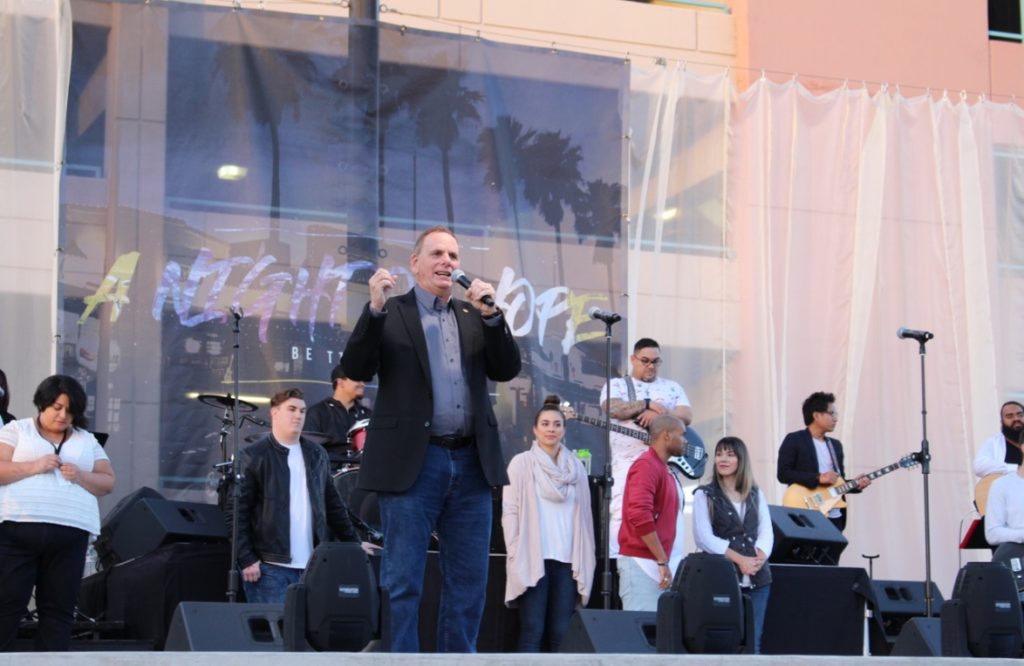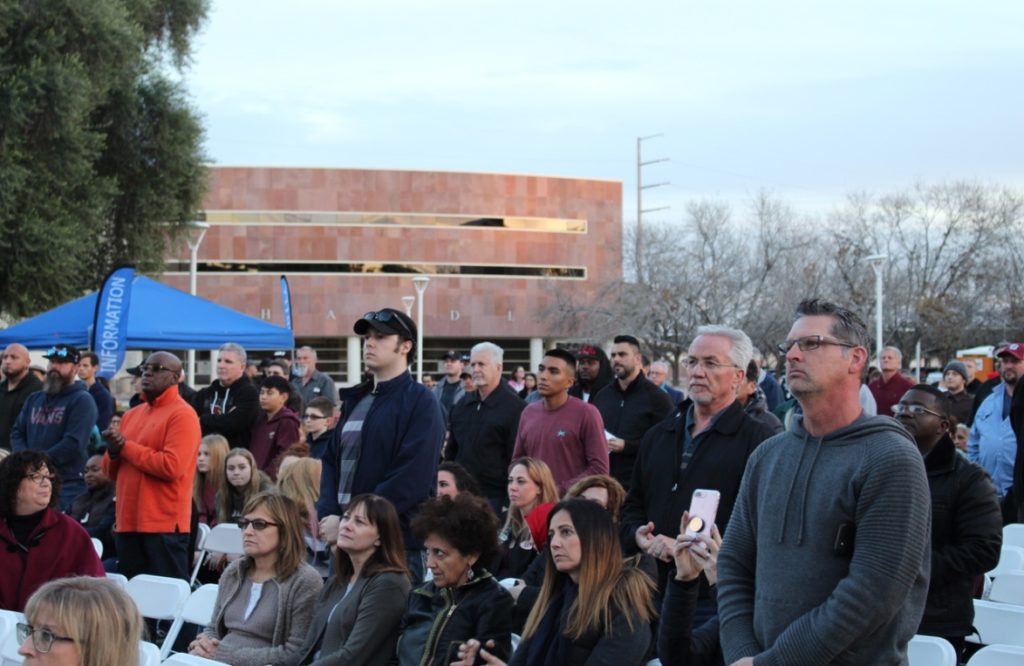
Article and photos by Noah Kutz
I glanced casually around at the cars stopped next to me at the Broadway and Rural intersection, but my gaze rested on one particular vehicle.
Something caught my notice: Another set of eyes, staring fixedly back at me. Her stare seemed to cry out for help, desperately searching for any sign of a rescuer or a way out. She couldn’t have been older than 20.
Sitting passenger-side in the shabby-looking white sedan, piloted by a disheveled, middle-aged male,
she remained motionless and not did not break her gaze. The light turned green, the car moved forward and I snapped a picture of the license plate with my cellphone.
Though I can’t describe the whole scene with great detail, something, I knew instinctively, was not normal. I’d never seen that kind of look before, and she continued to stare in this way as we drove down the street.
That stare never left my memory as I contemplated the turn of events that night. Eventually, I left a tip on the Tempe Police Department’s website, and that’s the last I ever heard about it. Could this have been an overreaction, or a completely different situation that I misread?
Yes, it is possible, but I didn’t want to take the chance.
It’s occurrences like these that area police want to bring to light, and to help ensure that the number of human trafficking cases in the Valley—one of the hot spots for this form of crime in America—continues to decrease.
Night of Hope, an event sponsored by Chandler and put on by a number of churches in the area, is just one way that light is being directed at this darkness. The event included inspirational messages from pastors and politicians alike (Kevin Hartke wore both hats as he currently serves as Chandler’s mayor as well as pastor at Trinity Bible Church), along with heartening praise and worship songs from a choir and band.
The thousand or so people gathered at Dr. A.J. Chandler park in downtown Chandler, praying and worshipping together to raise awareness of human trafficking and support programs that fight these crimes and help people who have been affected by them.
Members of my own family have been affected by these travesties, and chances are you know someone who has been touched by human trafficking as well.
What can we do to help prevent these crimes? “Try as we might, your government to step in and fight the issue—we cannot do it without your help,” says J.D. Mesnard, former Arizona House speaker and now state senator.
He pointed out that government’s help is less effective without action from the people, and although policies and laws may come to help prevent human trafficking, the ultimate barrier for crime is placed by people like us.
County Attorney Bill Montgomery also spoke about the ways we can fight the “marketplace where people are trading in human flesh.”

I sat in the front row as he spoke, and he called each man in the audience to physically stand up. “This is what we need to do as men,” he said, “we need to stand up. Women cannot be victimized if we are men and recognize that they, just like us, are made in the image and likeness of God, and we do what we’re supposed to do as providers and protectors.”
He continued to say that men must behave in the way they ought to behave, and must call each other out when someone begins to go down a path that leads to the mistreatment of women, whether on the internet or in the city.
According to these politicians and pastors, the true prevention and eradication of human trafficking in our cities begins with us, the people of Chandler and Tempe. If you think you see something, even as seemingly insignificant as a look from a girl in a shabby car, then say something.
Understand that there are more people than you realize who have been affected by these horrors, and do everything you can to prevent complacency toward this vile behavior.
A Night of Hope is exactly the kind of thing that needs to continue throughout the Valley in order to shed light on the darkness.
With a little hope, immediate action, and a lot of prayer, we can work together to eradicate these crimes and prevent them from happening again.

